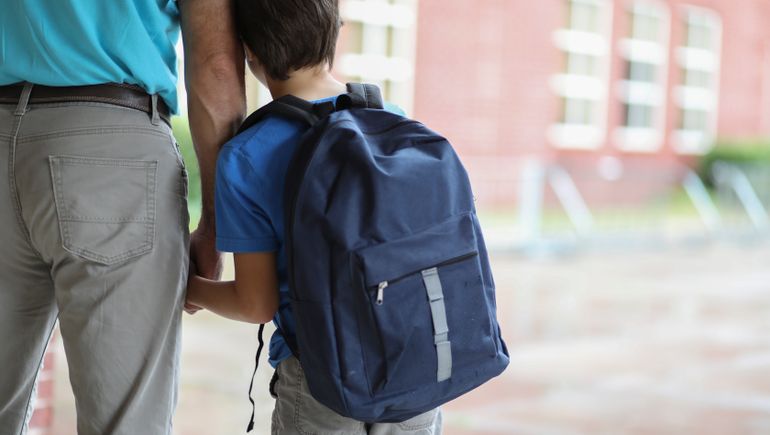During this summer, a team of students from MIT embarked on a journey to the sou …
States and Districts Provide Clarity on Informal Removals in Special Education
Carlos Changemaker

States and districts are implementing measures to ensure that “informal removals,” which involve shortening school days to address behavior issues for students with disabilities, do not violate their civil and educational rights.
Following the release of discipline guidance from the U.S. Department of Education, new state and local resources, including those from Oregon, Illinois, and Chicago Public Schools, have emerged. The guidance expressed concern that frequent short-term removals of students with disabilities may indicate a failure to comply with procedures outlined in the Individuals with Disabilities Education Act.
While IDEA and its regulations do not provide a specific definition for informal removals, advocates for disability rights have expressed concerns about their overuse as a means to bypass due process requirements. These procedures include additional protections for students with disabilities who face discipline, such as the right to receive special education services if they are absent from school for more than 10 days. The regulations also mandate that districts assess whether disruptive behavior is linked to a student’s disability.
A report published in January 2022 by the National Disability Rights Network, an organization advocating for people with disabilities, stated that it is challenging to determine the exact number of informal removals being carried out because these instances are not included in publicly available reports.
The group estimates that informal removals occur “hundreds and perhaps thousands of times per year.” Additionally, according to the National Disability Rights Network, a membership organization for Protection and Advocacy Systems that offer legal representation and advocacy services for individuals with disabilities, an informal poll conducted among P&As in 2021 indicated that repeated and shortened school days were among the most common concerns regarding school discipline.
The NDRN report emphasized that informal removals have negative effects not only on children’s academic and emotional well-being but also on their families, communities, and society as a whole.
Keith Wargo, the CEO and President of Autism Speaks, an organization promoting the inclusion of individuals with autism, shared concerns about the detrimental impacts of informal removals. Wargo stated that informal removals create a significant barrier to learning opportunities for students with disabilities.
Under the radar
Updates to guidance from states and districts also appear to be a response to a 2023 blog series on discipline and behavior written by Valerie Williams, the director of the Education Department’s Office of Special Education Programs.
In a post dated February 22, 2023, Williams revealed that she had spoken with parents who had to leave their work and go to their child’s school to help them calm down. In some cases, parents were advised to take their child home. Williams noted that such removals often go unreported and do not appear as suspensions, allowing them to avoid scrutiny and sidestep the discipline protections provided by IDEA.
<


